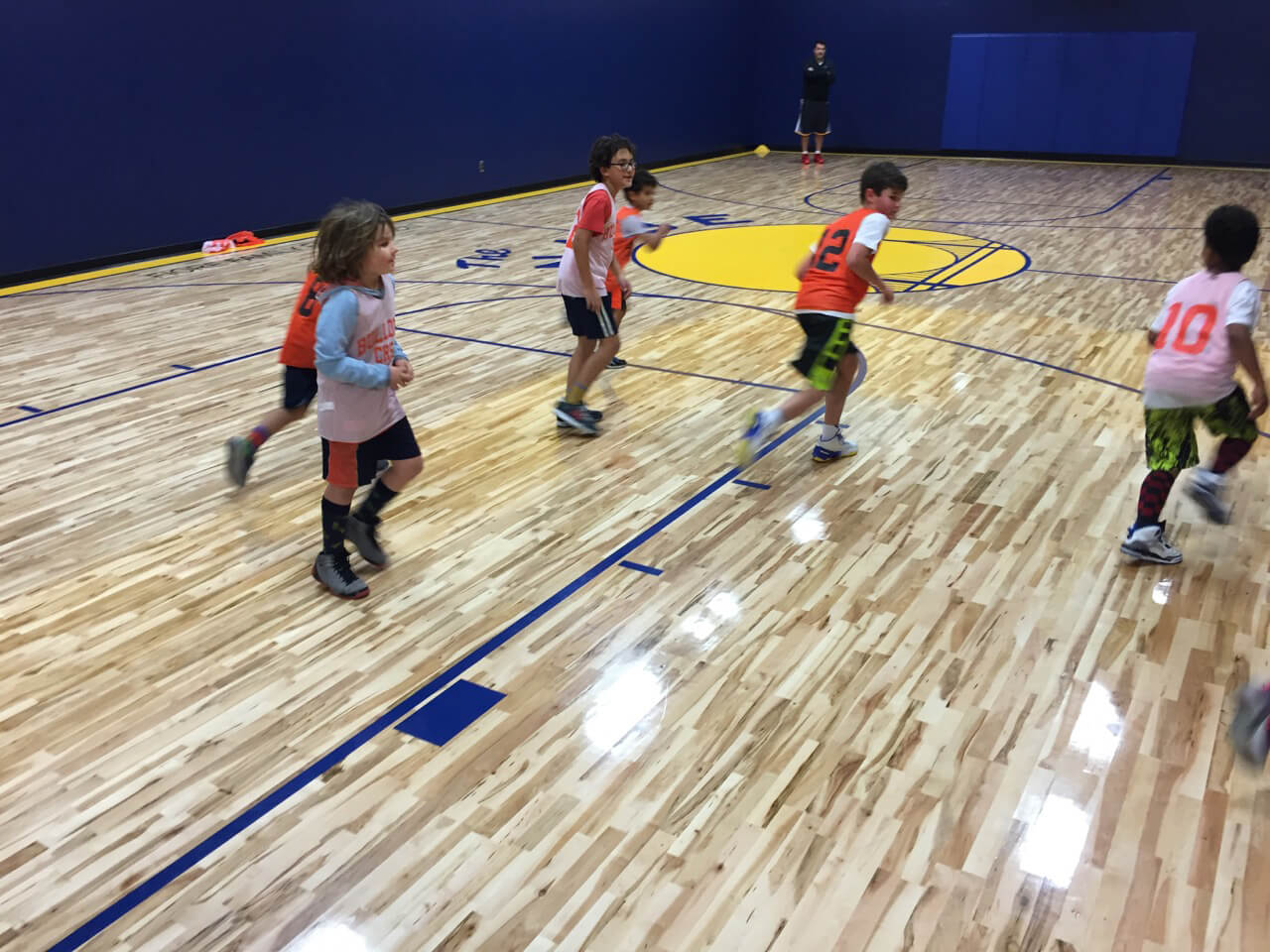As the View reported last October, the Potrero Hill Neighborhood House – known as the “Nabe” – has suffered from severe funding cuts over the past several years. At the end of 2015, the nonprofit settled a $120,000 tax lien that’d been placed on it by the Internal Revenue Service for nonpayment of payroll taxes. The Nabe continued to run City-sponsored programming while it resolved the lien. However, the organization’s executive director, Edward Hatter, learned later that City policy prohibited it from being reimbursed for municipally-funded programs while it operated under the lien. Now that the lien has been resolved, the Nabe is again receiving City reimbursements for qualified programs. However, the nonprofit started its almost $1 million 2016 budget $30,000 in the hole.
According to Hatter, Hill residents and others responded to last year’s View article with increased giving. The Kaiser Foundation provided a $25,000 grant, which Hatter used to repair an elevator and convert a storage room into a 12-person spectator area for the facility’s gymnasium, which was recently renovated courtesy of a gift from the Fiori Foundation. The new gym, plus the soon-to-be-christened Kaiser Fanbox, is available for rent to individuals and organizations looking for event space.
The Nabe’s most pressing need is an overhaul of its broken furnace, which has been inoperable since the beginning of the year. The nonprofit can’t afford even to bring in a boiler mechanic to look at the heater, let alone pay for necessary repairs. According to Hatter, a furnace overhaul is essential to operation of Nabe programs, many of which serve children and senior citizens, during a cold winter. “These are desperate cries,” Hatter emphasized.
The Nabe’s municipally-funded programs are paid for on a cost-reimbursement basis. In some cases the City stipulates that the organization’s programs must serve certain demographic groups. For example, the San Francisco Department of Public Health supported a substance-abuse program for many years, but stipulated that it cater to African-Americans, whose Hill population has shrunk. Without an adequate client base the Nabe had to close the program.
According to Hatter, the Nabe – which has served the Hill for 109 years – needs $150,000 in private funding annually to survive, based on average budget shortfalls in recent years.
While the Nabe’s financial situation remains challenging, its programming continues to be lively. According to Kansas Street resident Sally Taylor, Monday night activities are well attended, and feature ping-pong, basketball, Zumba, and karate. After-school tutoring is regularly offered, and a senior food pantry operates every other Wednesday.
Facilities at the Nabe are available for rent. In addition to the gym, the Nabe is prepared to lease its southeast wing, which includes two large rooms suitable for conference space or communal offices, plus an additional office, restroom, and storage space. The area is suitable for a nonprofit organization, small law or insurance practice, or startup; programs that could benefit the neighborhood while also bringing in needed revenue.


